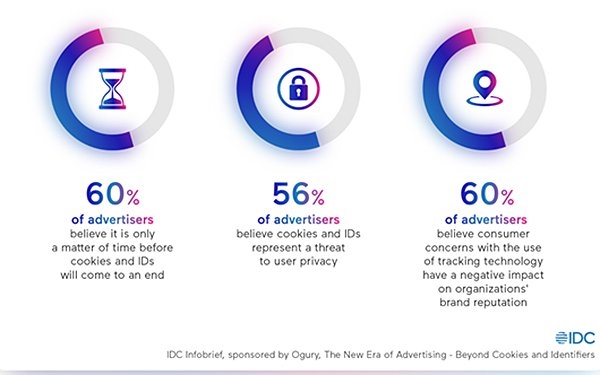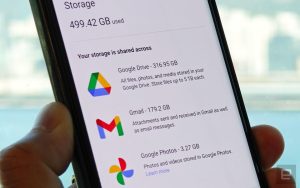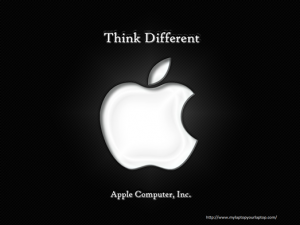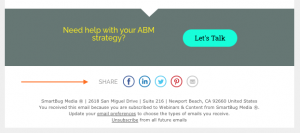Beyond Cookies And Identifiers, Advertisers Have Limited Awareness Of Options

Some 60% of participants to a recent survey agreed that user tracking will soon become obsolete, but more than 40% are not familiar with targeting technologies other than advertising identifiers.
Ogury, a company focused on personified advertising, commissioned market research firm IDC to conduct a global survey from November 2022 to January 2023 in the Americas, Europe and APAC, polling 1,000 executives and combining quantitative and qualitative in-depth interviews.
Van Valdez, associate research director at IDC, believes that brands and media agencies will require guidance to navigate alternative techniques to cookies.
The goal of the study was to gain a perspective and understanding of the future of cookieless digital advertising.
The data shows that 60% of advertisers believe user tracking is a source of reputational risk for brands. Some 56% believe cookies and identifiers represent a threat to user privacy, and 60% know it is only a matter of time before cookies and identifiers disappear.
One of those options is attention measurement — which captures not just the viewability of content, but also whether the viewer has engaged with it. The survey shows that its benefits are still not widely understood.
Still, 57% of survey participants believe attention measurement provides a more complete view of engagement, and 57% also say it helps to improve creative strategies.
Misunderstandings and uncertainties may lead some marketers to wait until Google officially phases out third-party cookies on Chrome by the end of 2024.
The statistics show low rates of available cookies and overall opt-in rates for user tracking are becoming increasingly lower.
When asked about the deprecation of third-party cookies and what changes need to be made, 32% of respondents said they will change the type of advertising-technology suppliers they work with.
Some 64% stated they will increase budgets toward suppliers that do not rely on third-party cookies or any personal data collection. Yet 41% of all respondents are only moderately — or not at all — familiar with targeting methods other than the ones leveraging identifiers such as cookies.
One positive point is that advertisers are somewhat confident in reaching the correct target without identifiers. Some 51% of agency executives and 61% of brands believe organizations will still be able to reach their audience following the deprecation of third-party cookies.
Top concerns for organizations include:
- 53% — being able to reach target audiences effectively
- 51% — ensuring and maximizing return on advertising spend
- 49% — brand safety and suitability
- 45% — viewability
- 42% — privacy regulations
- 39% — impact of cookie and ID-based tracking
- 38% — consumer fatigue with digital advertising
- 38% — measuring effectiveness and performance
(7)
Report Post






